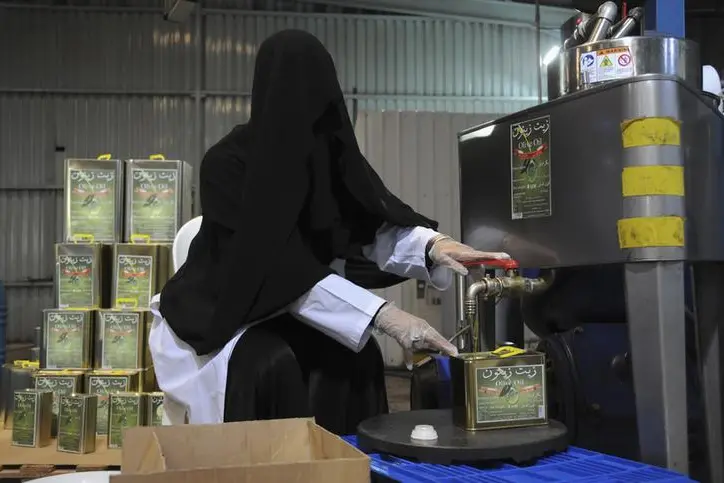PHOTO
The company, which has more than 70 years of experience in the Saudi food market, serves more than 22,000 customer outlets including retail, food services and wholesale channels. Their expertise lies in importation, marketing and the distribution of frozen, chilled and dry foodstuffs.
Almunajem operates 14 branches, 12 of which are equipped with temperature-controlled warehouses. They also work with more than 60 suppliers, and brands under the company’s umbrella include household names such as Coopoliva olives, President dairy products and their own in-house brand, Dari.
Thamer Abanumay, CEO of Almunajem Foods, told Arab News that business was flourishing despite the setbacks posed by the pandemic in 2020 and said the company had managed to minimize interruption of services.
“Our business was put to the test in 2020, but I can confidently say that on all fronts we performed exceptionally. Our operations maintained a high level of resilience despite the obstacles caused by COVID-19. Thanks to our strong logistical abilities, backed by technology, data and tools, we were able to move our products safely and in a timely manner,” he said.
Abanumay predicts significant growth in the food market as a whole over the next few years, and sees many potential opportunities to capitalize on. “The participation of women in the labor force, as well as the rapid growth of the inbound tourism industry in the Kingdom, will have a significant impact on the food consumption and food service industries. We will also focus on increasing our backward integration and produce more products in Saudi Arabia,” he said.
The company has also managed to forge new business deals with international partners, despite the uncertainty plaguing international trade.
The company on Sunday announced an expansion to its longstanding collaboration agreement with Seara, a subsidiary of Brazil-based JBS, the world’s leading chicken and beef producer. The agreement forms part of Almunajem Foods’ diversification strategy to service its business-to-business customer base across the Kingdom and to meet the increase in demand from the food industry.
The agreement includes Almunajem Foods distributing a wide variety of poultry products, including whole chicken grillers, chicken parts and other processed products.
Abanumay told Arab News that demand for poultry in the Kingdom, both for whole griller chickens as well as parts, would likely mean that despite fluctuations in the market there was strong demand for their produce.
The Brazilian Animal Protein Association reported in January that while poultry exports from Brazil had experienced a decline, some of the leading Arab importers “stepped up” their purchases. The figures showed that 35,800 tons of poultry was shipped to Saudi Arabia, up by 2 percent, with revenue climbing 4 percent year-on-year to $58.5 million.
Saudi Arabia was the premier Arab importer of poultry from Brazil in January, with the UAE ranked second. Total global raw and processed poultry exports from Brazil fetched $434.4 million in Jan. 2021, down 17.9 percent from Jan. 2020.
Abanumay said that the company was already making headway on plans to introduce new products to the market in 2021, as well as to bring new suppliers on board over the course of the year.
Copyright: Arab News © 2021 All rights reserved. Provided by SyndiGate Media Inc. (Syndigate.info).





















